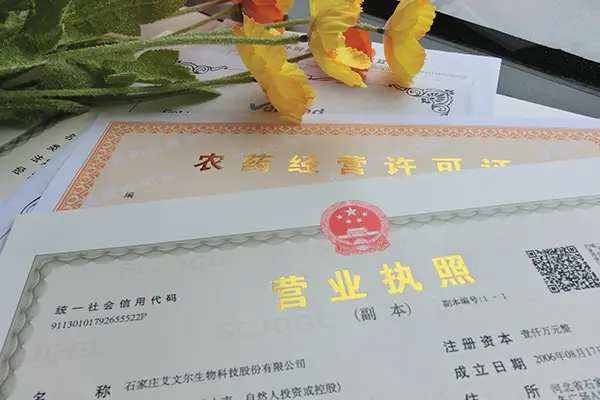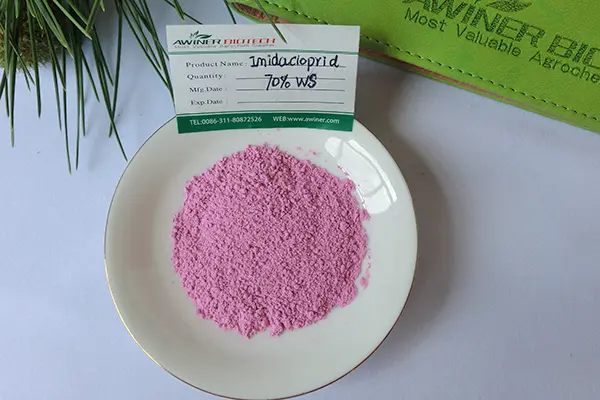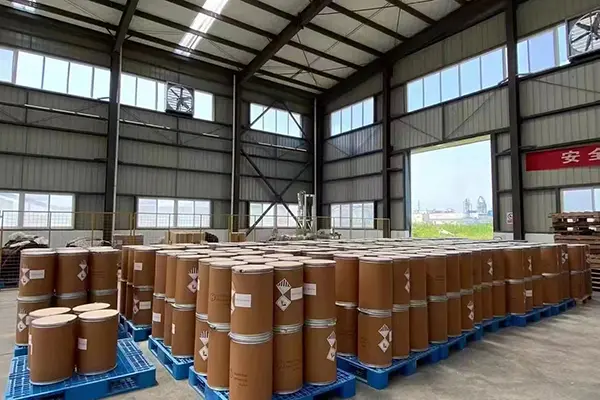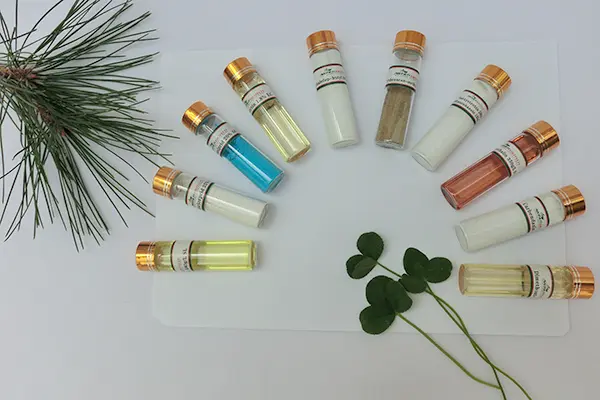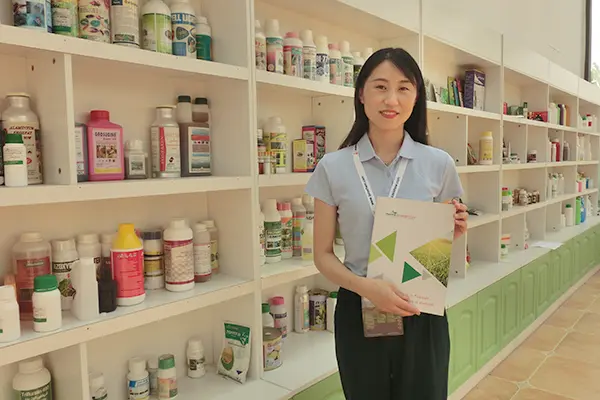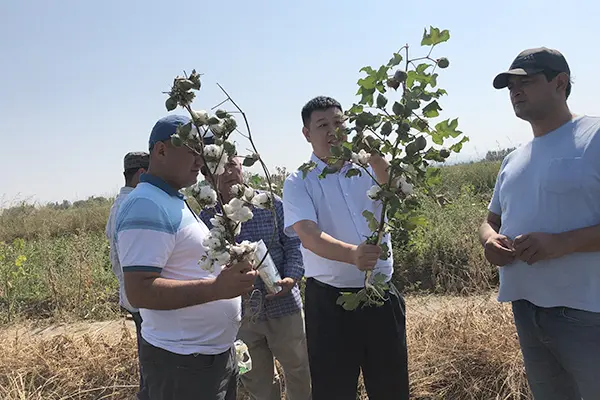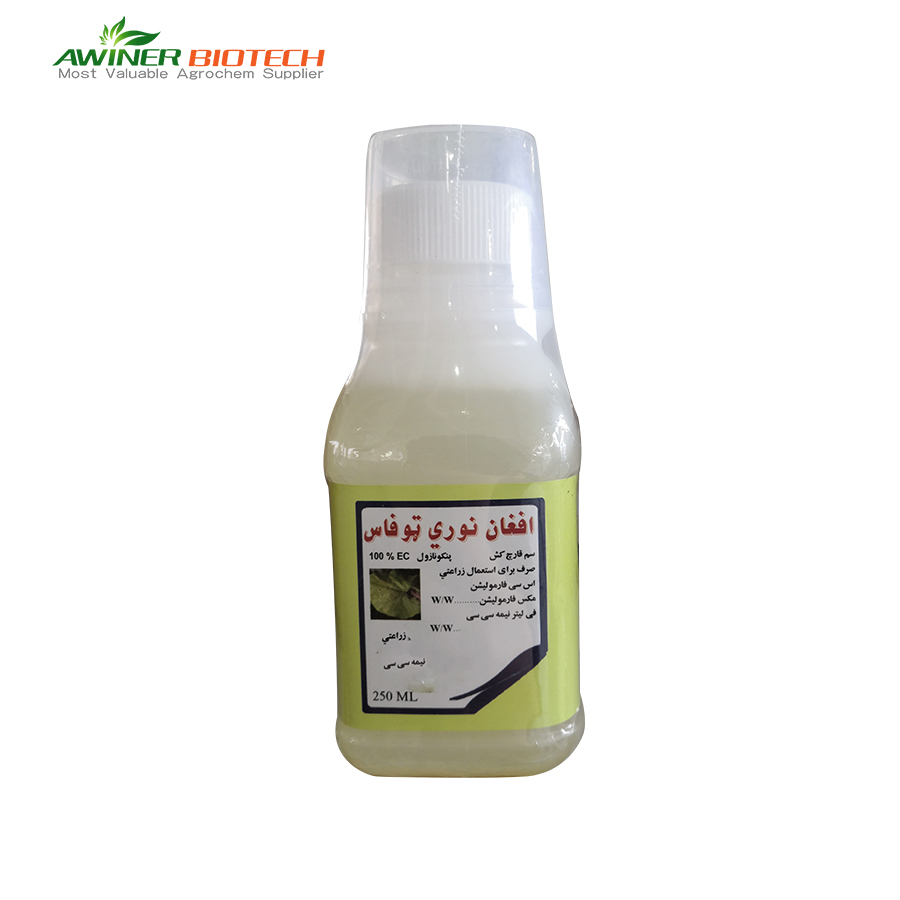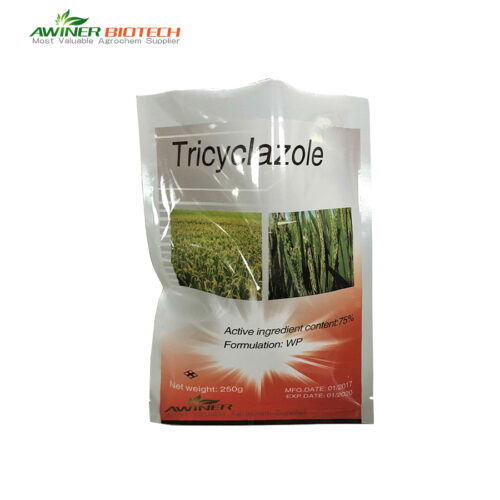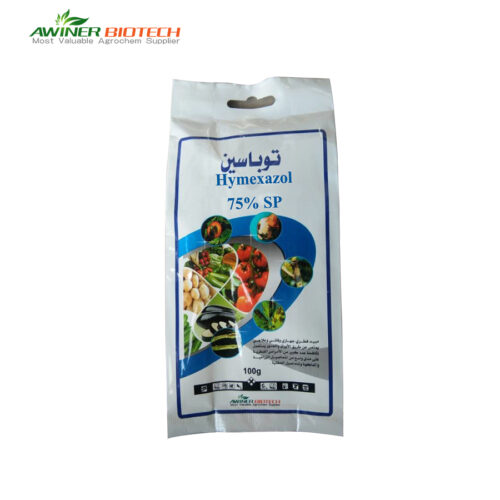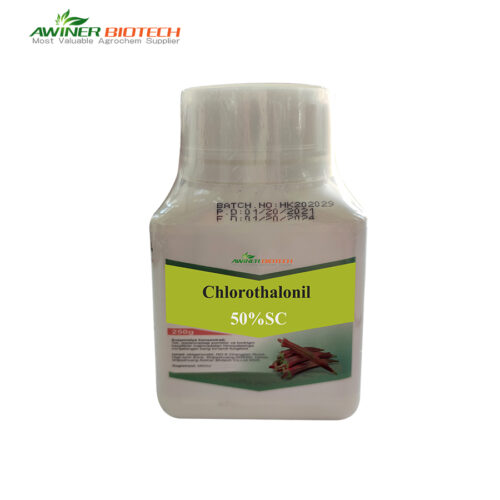Penconazole |
|
| Dosage form | 100g/L EC |
| Packing | Liquid:50ml、100ml、250ml、500ml、1L、5L、10L、20L Solid:10g、50g、100g、250g、500g、1kg、5kg、10kg、25kg |
| Formulation | Customized |
| Label | Customized |
| Crop-Pest | Pomelo tree – Citrus scab Apple tree – Apple scab Strawberry – Powdery mildew Grape – Botrytis bunch rot |
| Certification | SGS、 ISO 、BV |
| Delivery time | 20-30 days |
| Mixture products |
Penconazole and Metalaxyl
Penconazole and Thiophanate-methyl Penconazole and Pyraclostrobin Penconazole and Kresoxim-methyl |
| Payment terms |  |
Penconazole is a systemic fungicide used in agriculture to control a variety of fungal diseases in crops
Introduction of Penconazole
Penconazole is a systemic fungicide used in agriculture to control a variety of fungal diseases in crops. It is particularly effective against powdery mildew, rusts, and other pathogenic fungi. Penconazole works by inhibiting the biosynthesis of ergosterol, a vital component of fungal cell membranes, thus preventing fungal growth and spreading. This fungicide is commonly applied to fruits, vegetables, and ornamental plants, ensuring healthy crop growth and higher yields. It is available in various formulations to suit different agricultural needs.
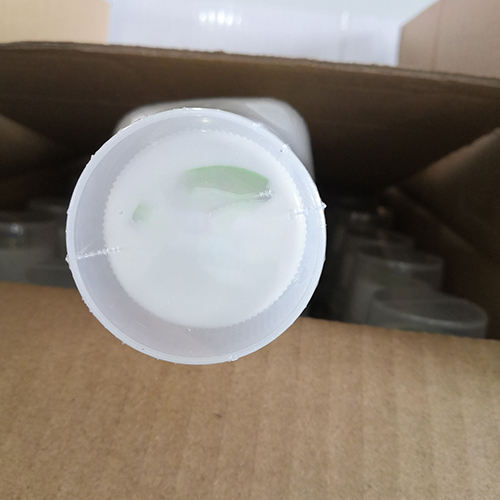 |
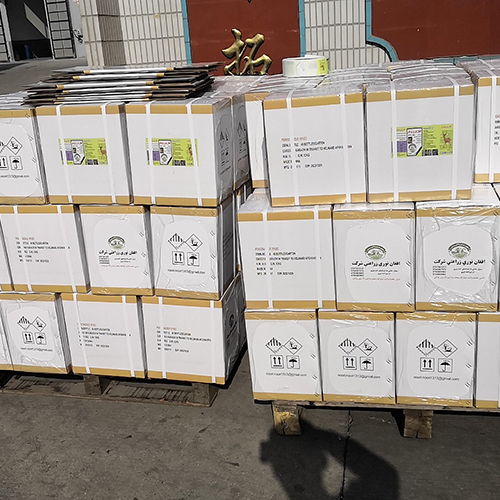 |
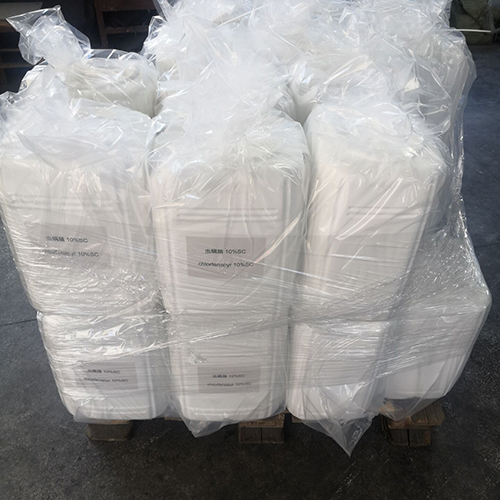 |
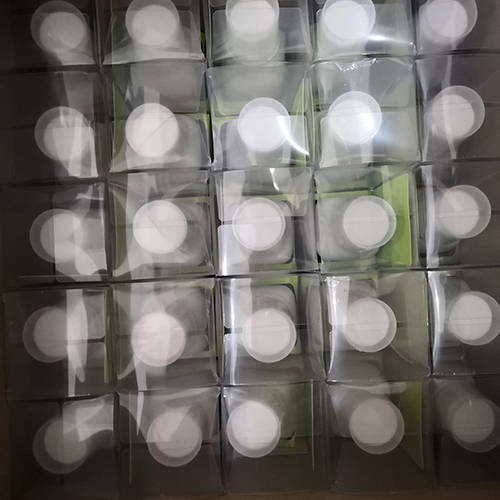 |
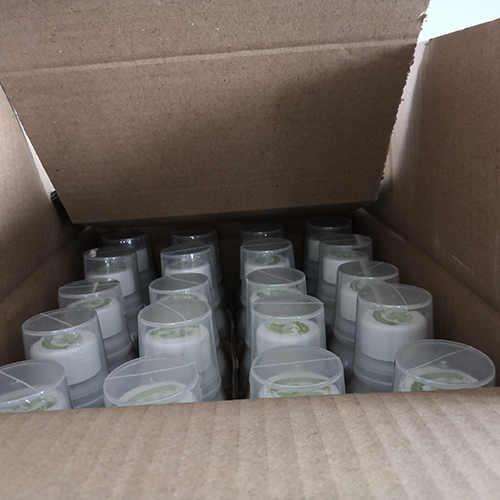 |
Crops:
Penconazole can be used on various crops, including grapes, apples, pears, stone fruits (like peaches and plums), cucurbits (such as cucumbers, melons, and squash), tomatoes, and ornamental plants.
Application and Dosage:
Grapes: Apply at 0.05-0.1% concentration (500-1000 mL per 1000 liters of water) during the growing season to control powdery mildew.
Apples and Pears: Use at 0.05-0.075% concentration (500-750 mL per 1000 liters of water) to manage scab and powdery mildew.
Stone Fruits: Apply at 0.05-0.1% concentration for controlling brown rot and powdery mildew.
Cucurbits and Tomatoes: Use 0.05-0.1% concentration for powdery mildew control.
<About Awiner Biotech>
